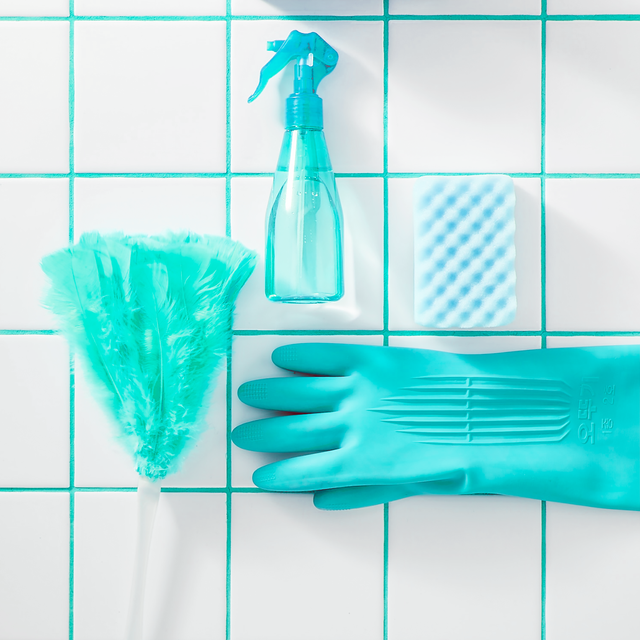
10 TIPS FOR SAFE MEDICATION MANAGEMENT FOR YOUR LOVED ONES
“For those who require home care services, medication management is a necessary and important part of their daily routine.”
The Importance of Proper Medicine Management
The likelihood of problems arising when elderly people are left to manage their own medicines is high. According to health management specialists, medication mistakes are particularly common for senior citizens who may take 4 or more prescription medicine every day.
However, studies have shown that with home care assistance, the ratio of mistakes in the management of medication has decreased. Although some seniors did well when given reminders from a nursing professional, directions were often not followed due to uncertainty, communication problems, or confusing instructions. Seniors working with caregivers have made far fewer errors with their medications because professional guidance has been accurate and they have remained closer to their defined regimen.
That’s why the management of drugs for seniors is so important.
Putting an easy system set up and taking good care of basics enables seniors to avoid medication mistakes, such as taking the wrong drug, missing doses, or taking more than recommended dose.
- Gather all drugs, vitamins, OTC medications, and supplements in one place.
If they are stored in multiple locations, it is easy to lose a record of prescribed medications, vitamins, over-the-counter medications, or supplements that are taken.
For instance, some elderly people may keep some pills in the kitchen, some on the bedside cabinet, and others in the restroom medicine tray.
- Create and maintain an up-to-date list of drugs
To prevent negative drug interactions, it is important to know accurately what drugs your adult person is taking.
That is why it is so helpful to always have an up-to-date list of medications, vitamins, supplements, and over-the-counter medications.
Be sure to record the following:
- Names of all prescription drugs, over-the-counter medicines, vitamins, and other supplements
- How often is each item taken?
- What is the dosage of each item used?
- The health care provider who prescribed every prescription medicine
- The purpose of each item
- Whether each item is for short-or long-term use
- Pre-order medications for the week
As a caregiver, staying well-organized is key to good medication administration for seniors. Using a pill organizer enables you to help your older adult pre-order their prescription medications for the week.
The best type of pill organizer for an elder is one with adequate compartments for each dose they need during the day. If any pills need to be split, it may be better to do this in advance and include them in the pill organizer compartments.
That way, your older adult won’t have to mess with a pill cutter or remember to cut the pills before taking them.
- Double-check for negative drug interactions
Many older adults are regularly taking drugs, vitamins, over-the-counter medications, as well as supplements. That is why it is essential to double-check that none of them will cause adverse drug interactions.
To ensure that there are no interactions that the doctor or pharmacist might have missed, use an online drug interaction checker.
If you find any interactions, contact the doctor or pharmacist for advice immediately.
- Make sure the directions for medication are clear
With medications, it is obviously crucial to follow the doctor’s advice. This reduces the possibility of negative drug interactions, adverse effects, or the efficacy of the drug. As a caregiver, make sure that you understand which drugs are convenient to take at the same time and which need to be spaced out to avoid adverse effects.
For example, some drugs need to be taken after a big meal, while others need an empty belly.
Don’t be scared to ask the doctor for explanations and clear description if there is any confusion. It’s their job to ensure that the drugs improve their quality of life, the only way that could happen is if they’re taken properly.
- Understand the likely side effects of drugs
It is crucial to address the side effects and drug interactions of each medication. This helps you to watch out for any health changes after your elderly person starts medications, increases the dose, or combines medications in a different way. If you notice any changes or issues, please contact the doctor immediately. Possible side effects may increase the risk of falling, stomach upset, discomfort or loss of strength, and much more. Some side effects may even mimic other conditions of health, including dementia.







